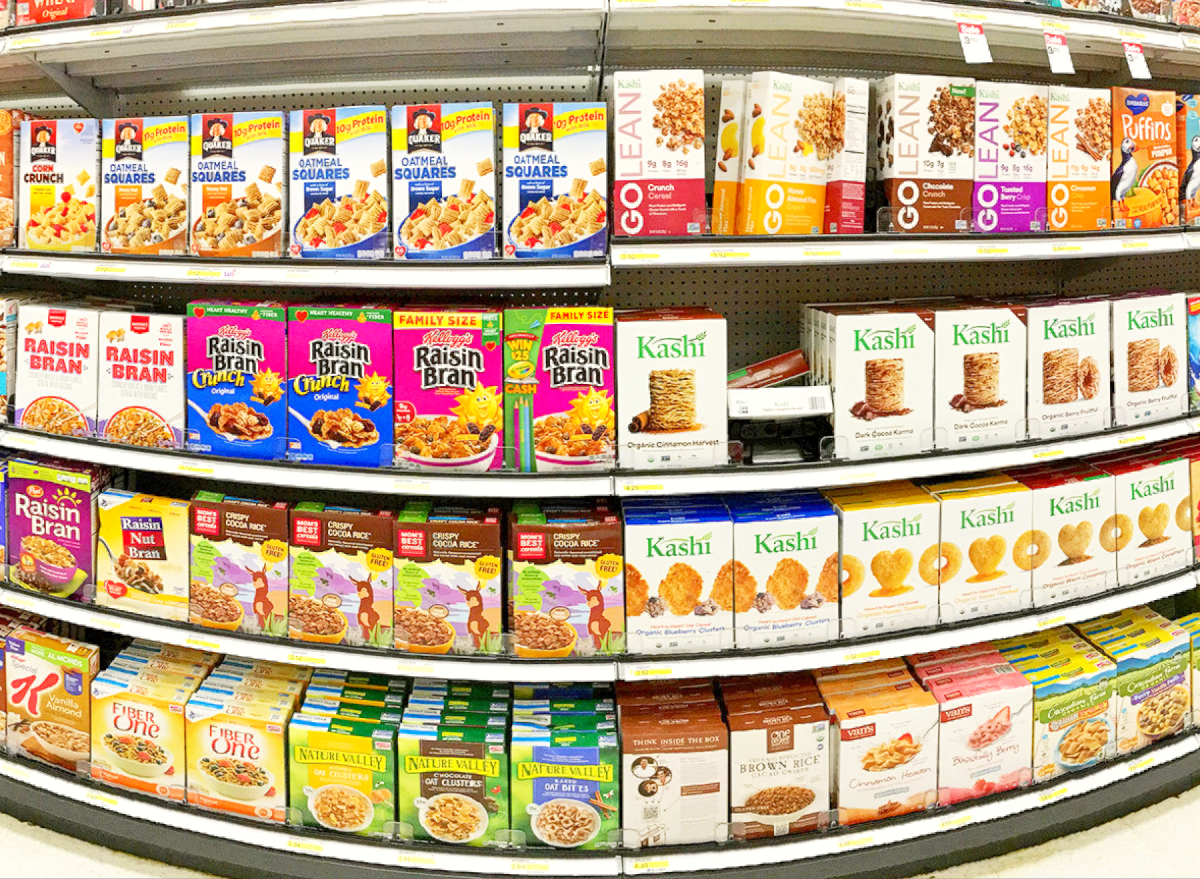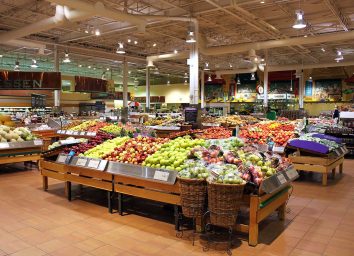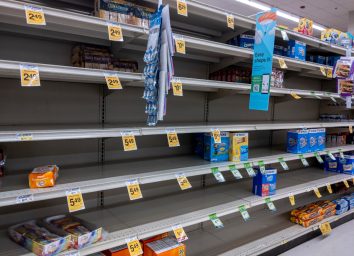Ongoing Cereal Shortages Are Likely Over

Corn, champagne, meat, or potatoes could be among the next grocery products to be in short supply on the shelves of your local grocery store. At the same time, global production of another supermarket staple appears to finally be on the mend.
The Food and Agriculture Organization of the United Nations (FAO) just released a report detailing the trials and tribulations of cereal production over the past year. It reveals that cereal utilization—or the action of making this beloved breakfast food—will go up by 1.6%. Moreover, supply is already up slightly compared to the beginning of December. Meaning, the cereal shortage is likely coming to an end.
"At 2 805 million tonnes, world cereal utilization in 2021/22 is forecast to increase by 1.6% from its 2020/21 level, despite a downward revision of 4.5 million tonnes, almost exclusively on feed use, since December," the organization writes in the brief.
This will happen, the report outlines, in spite of as a weaker corn, sorghum, and wheat harvest. Shortages of cereal were reported throughout 2021, including the disappearance of Grape Nuts in January—which lead to some customers paying $110 for a box online. Post Consumer Brands refunded shoppers up to $115, and the shortage was officially over by the end of March.
For nearly three months last fall, 1,400 employees at four Kellogg Company plants went on strike as they advocated for increased wages and enhanced benefits. (You're likely familiar with Kellogg's cereals like Froot Loops, Frosted Flakes, and Kashi.) To keep up with demand, the company leveraged its plants from overseas to import more cereal to the U.S. market, CEO Steve Cahillane told Bloomberg in November. Workers eventually ratified a new contract just before Christmas.
Before your next trip to the grocery store to pick up breakfast, check out The #1 Best Cereal To Lower Your Cholesterol, Dietitians Say.









